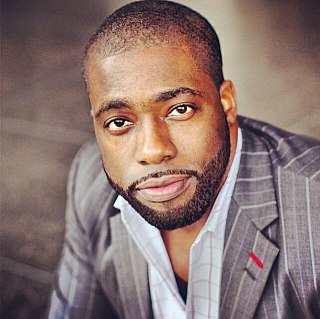A Quote by Henry David Thoreau
Truth is always in harmony with herself, and is not concerned chiefly to reveal the justice that may consist with wrong-doing.
Related Quotes
I'm concerned about a better world. I'm concerned about justice; I'm concerned about brotherhood; I'm concerned about truth. And when one is concerned about that, he can never advocate violence. For through violence you may murder a murderer, but you can't murder murder. Through violence you may murder a liar, but you can't establish truth. Through violence you may murder a hater, but you can't murder hate through violence. Darkness cannot put out darkness; only light can do that.
When we look at our justice system, we have this image of a balancing scale: truth and justice, right and wrong. But for years, our system has been lopsided, where it's not about truth and justice or balance. It's about being tough on crime, and sometimes that means you're putting the wrong person behind bars.
The essence of justice is mercy. Making a child suffer for wrong-doing is merciful to the child. There is no mercy in letting the child have its own will, plunging headlong to destruction with the bits in its mouth. There is no mercy to society nor to the criminal if the wrong is not repressed and the right vindicated. We injure the culprit who comes up to take his proper doom at the bar of justice, if we do not make him feel that he has done a wrong thing. We may deliver his body from the prison, but not at the expense of justice nor to his own injury.
There you have the two extremes: the man that is concerned mainly with the hidden life, and the man who seriously concerns himself with the expression of that life. What I want to do is to bring about harmony between the two extremes, for therein lies the Truth. The harmony of life is the understanding of Truth.
There is a pre-existing harmony in everything. The problem is the human being. It may be true that one single Incarnation of God may not he able to bring that peace and harmony in the entire world. It's only because of that harmony that they could create in the world and in people's mind that the world still exists and that there is always a balance. Otherwise, things could be much worse.
Truth is disputable; not taste: what exists in the nature of things is the standard of our judgement; what each man feels within himself is the standard of sentiment. Propositions in geometry may be proved, systems in physics may be controverted; but the harmony of verse, the tenderness of passion, the brilliancy of wit, must give immediate pleasure. No man reasons concerning another's beauty; but frequently concerning the justice or injustice of his actions.
































